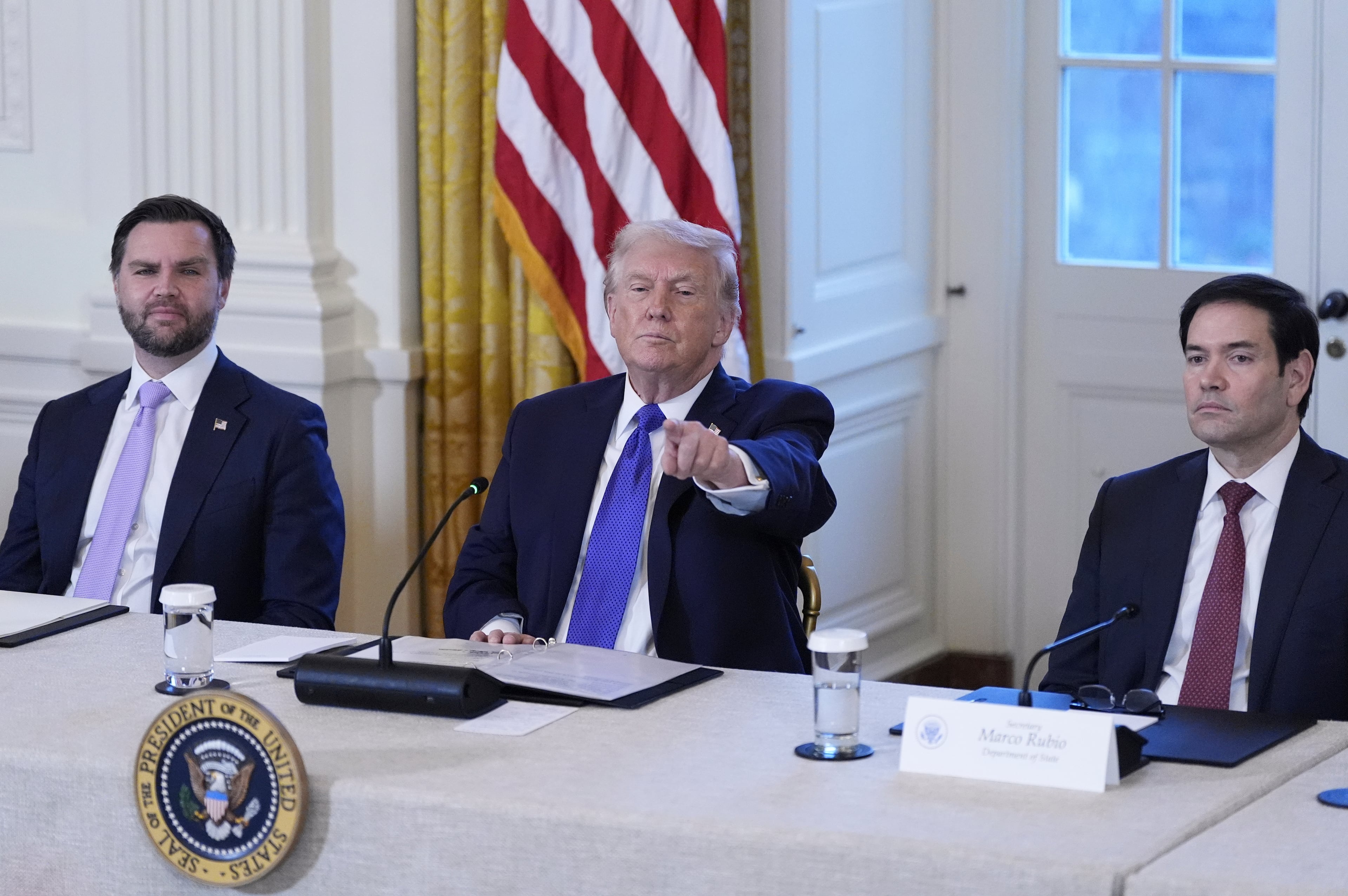3 big holiday season online scams you need to know about
- Watch kids choose between a gift for themselves or their parents
- Little girl mistakes Walmart shopper for Santa
- Family sends warning after dog eats christmas ornament, dies
- McDonald's cashier humbled when 250 customers pay it forward
- High school teen killed shielding 3 girls from gunfire
The Better Business Bureau is sharing the three big holiday season scams people may encounter online.
Fake charities
Fake charities are becoming more prevalent. It’s simple – they convince people to pay into a charity that doesn’t exist.
Tom Stephens with the Better Business Bureau of Northeast Florida says you can tell a fake charity if they are not specific on how they spend their money.
Fake websites
Fake websites not only take people’s money and don’t deliver the product, but they can also steal checking account information and continue preying on the same person.
Stephens says the best way to tell a fake website is if the deal is too good to be true.
“If you’ve got an item that normally costs two-hundred bucks and they’re selling it to you for seventy-five, stay away,” he says.
Fake e-cards
And in recent years, the BBB has seen an increase in the number of fake e-cards. Victims will click the link and end up installing viruses or malware on their computers. Stephens says don’t open any e-cards or emails from unknown addresses.
“The Internet helps scammers because they can be as creative and anonymous as they want,” he says.
CLICK HERE to report a scam to the BBB.


